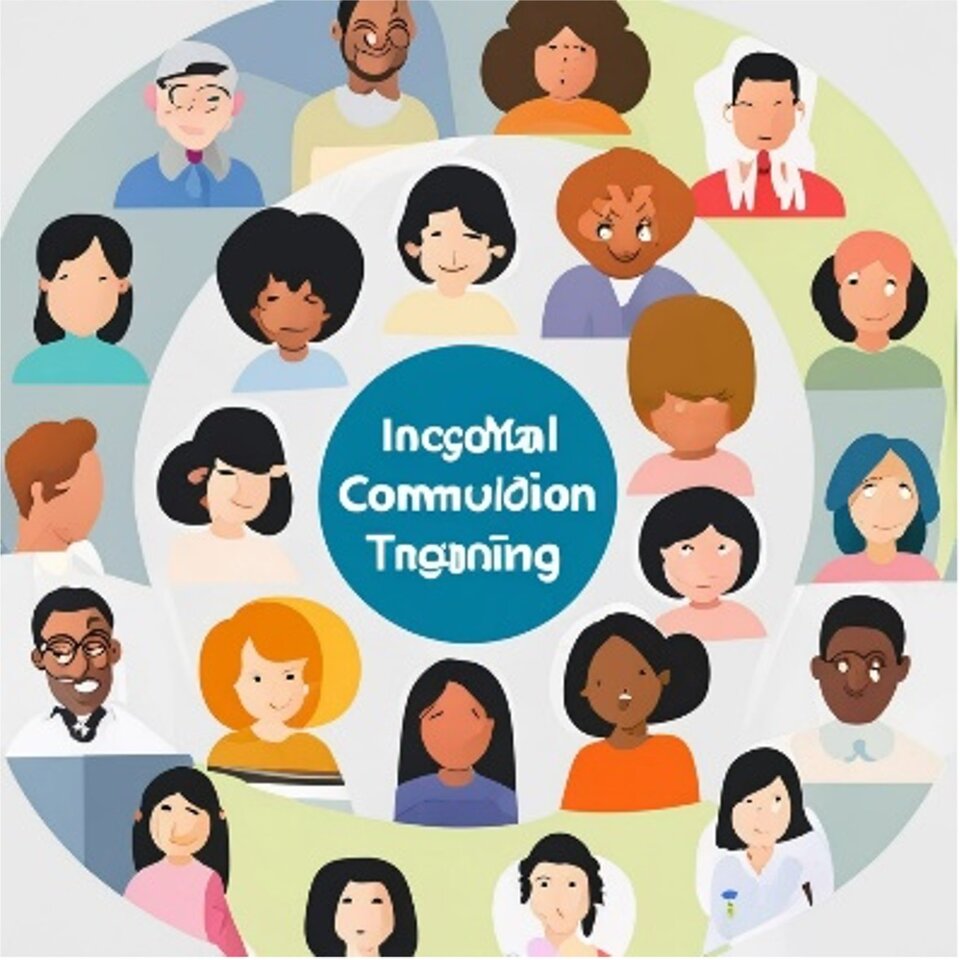Continuing Professional Development trainings: Life Long learning for Lecturers
Provided by TU Delft Teaching & Learning Services
Looking back: successful trainings in April
Brightspace Workshop:
During the Brightspace workshop last month, participants learned about the essential Brightspace functionalities, and acquired proficiency in navigating the platform and setting up a basic course.
The workshop was tailored to the needs of the participants. A hallmark of the workshop was its hands-on approach, enabling participants to immediately apply newly acquired knowledge. From step-by-step tutorials to practical exercises, educators left feeling empowered and equipped to elevate their teaching strategies using Brightspace.

Lunch meeting BOE:
We're pleased to report the success of the lunch meeting of the Board of Examiners, where representatives from various faculties convened to discuss Artificial Intelligence (AI). This first session sparked engaging conversations on diverse perspectives within AI, highlighting the value of collaboration between faculties. Encouraged by the positive feedback, we plan to continue these enriching sessions on various topics in the future for Board members.

Looking forward: upcoming trainings
NEW! Intercultural Communication in Education
This workshop is divided in 2 face-to-face sessions in which you will explore the richness of varied cultural backgrounds, learn to communicate without preconceptions or biases through open dialogue and reflection. The training encourages self-discovery, inviting you to explore your own communication styles and how they may be perceived by people from different cultural backgrounds.
You will learn how to interpret verbal and non-verbal cues and adapt your communication style to match the cultural context.
Moreover, the training offers practical tools to navigate complex intercultural dynamics, empowering you to foster collaboration and mitigate misunderstandings. This initiative not only enhances teaching effectiveness but also cultivates a community where every voice is valued and heard. It starts on 10 June, free of charge. Learn more and register here.
The Board of Examiners Training
We still have seats available for the 5-hour workshop for (new) members of the board of examiners. In this workshop you will better understand your role within the board, the different stakeholders that you will be dealing with, and where to find assistance when needed. Some of the topics included are: How to ensure test quality and discussions around the process towards visits/accreditations. It starts on 21 May, free of charge. Learn more and register here.
Teaching with Open Educational Resources
Open Educational Resources (OER) are teaching and learning materials that permit no-cost access, use, adaption and redistribution by others with no or limited restrictions. Lecturers can adapt and publish their own OER, thereby meeting the needs of their students more closely than when using proprietary and commercial resources. It starts on 28 May, free of charge. Learn more and register here.
Speed up your grading
During the hands-on workshop Speed Grading, we will delve into practical strategies for both short-term and long-term grading time reductions. As a participant, you will engage in meaningful discussions with colleagues from various departments within the TU. Together, you will explore opportunities and exchange best practices in a small group setting. A learning developer will share insights and tips to enhance your grading efficiency, while also providing the opportunity to refine your course assessment. It starts on 31 May, free of charge. Learn more and register here.
Supervising and Assessment Principles
Are you a part-time educator or a temporary educator of practice? This training might be of your interest. During this training you will learn how to:
- Set up an effective supervision process
- Create a safe and motivating learning environment (through coaching techniques)
- Apply the principles of constructive alignment to your supervision and assessment practices.
- Apply the quality requirement principles to your assessment and supervision practices.
- Give constructive feedback
- Utilise assessment tools (such as clear rubrics) to make supervision more effective and transparent.
- Evaluate the current assessment procedure in light of the quality requirements and suggest improvements.
- Reflect on students’ performance.
- Apply the TUD Vision on education to their course/s and supervision
Please note that this course is for participants who have an appointment of 0.2 FTE or less.
This training is on demand. Learn more and register here.
Calendar of trainings in May and June
For detailed information, visit the Teaching support website. To register directly go to the training portal.
